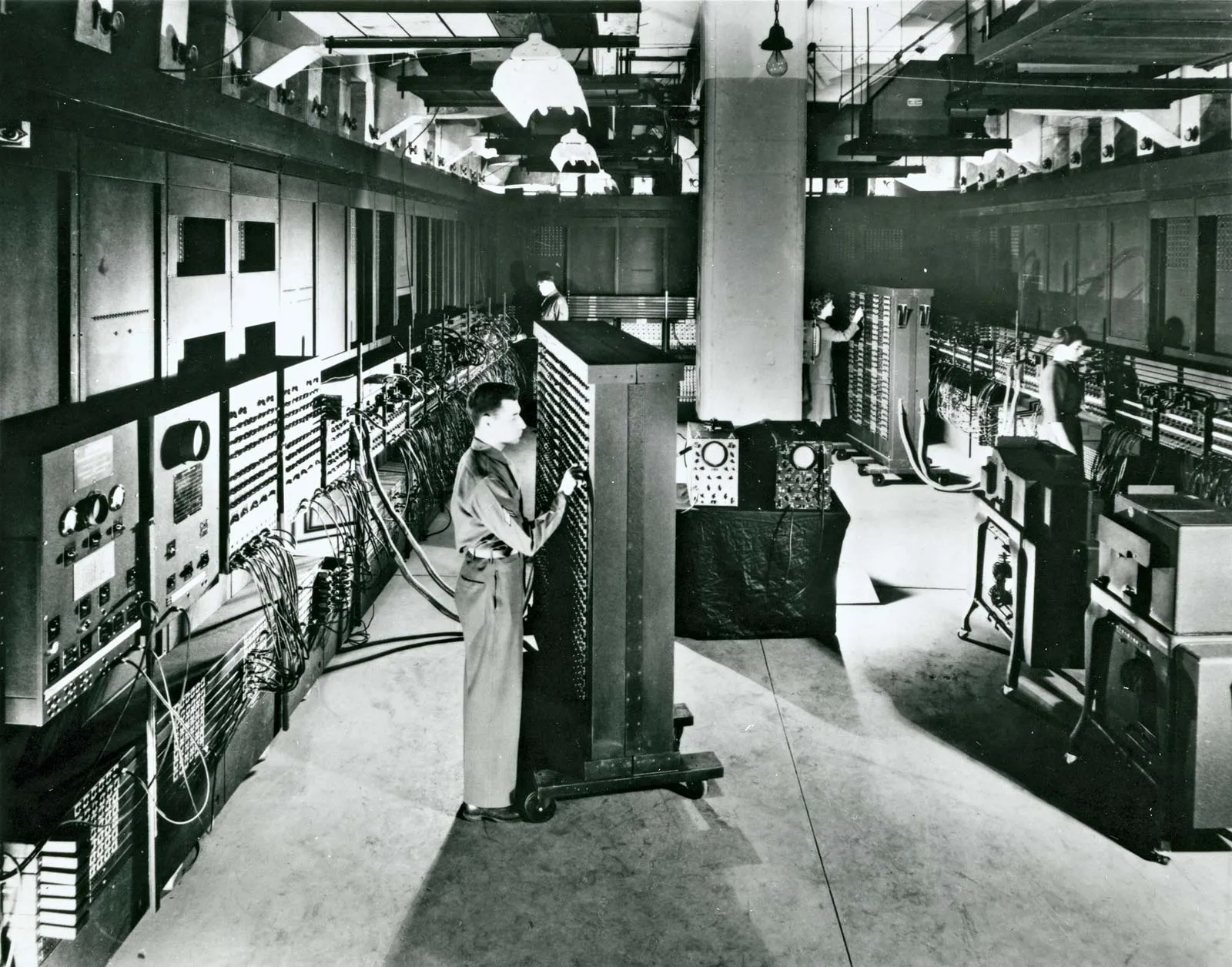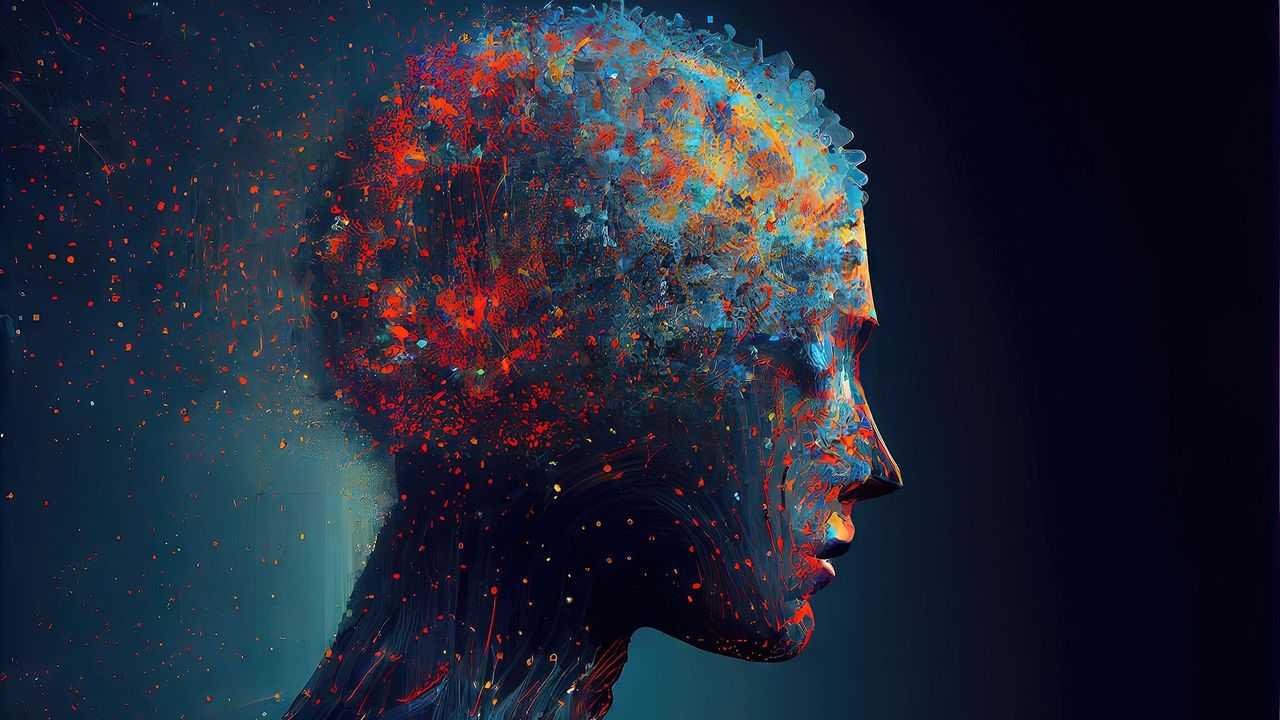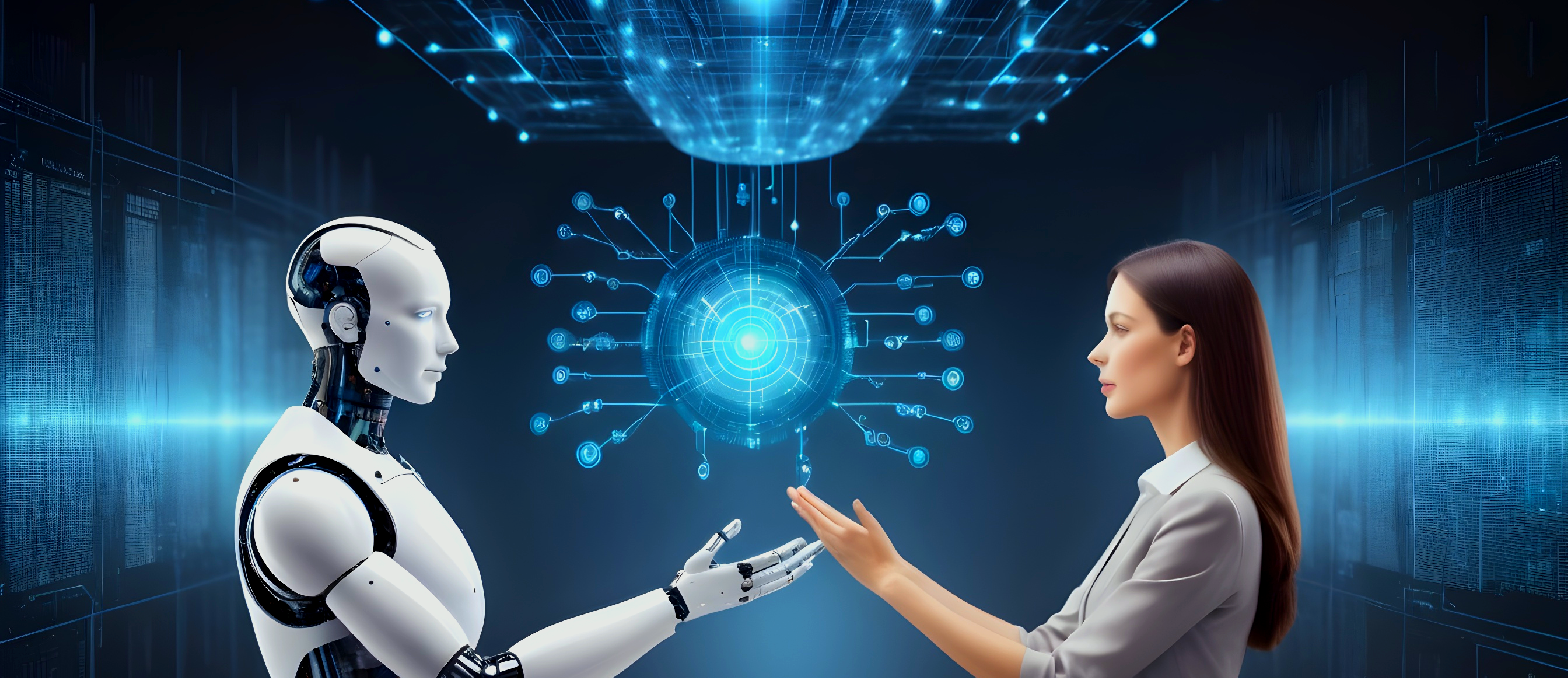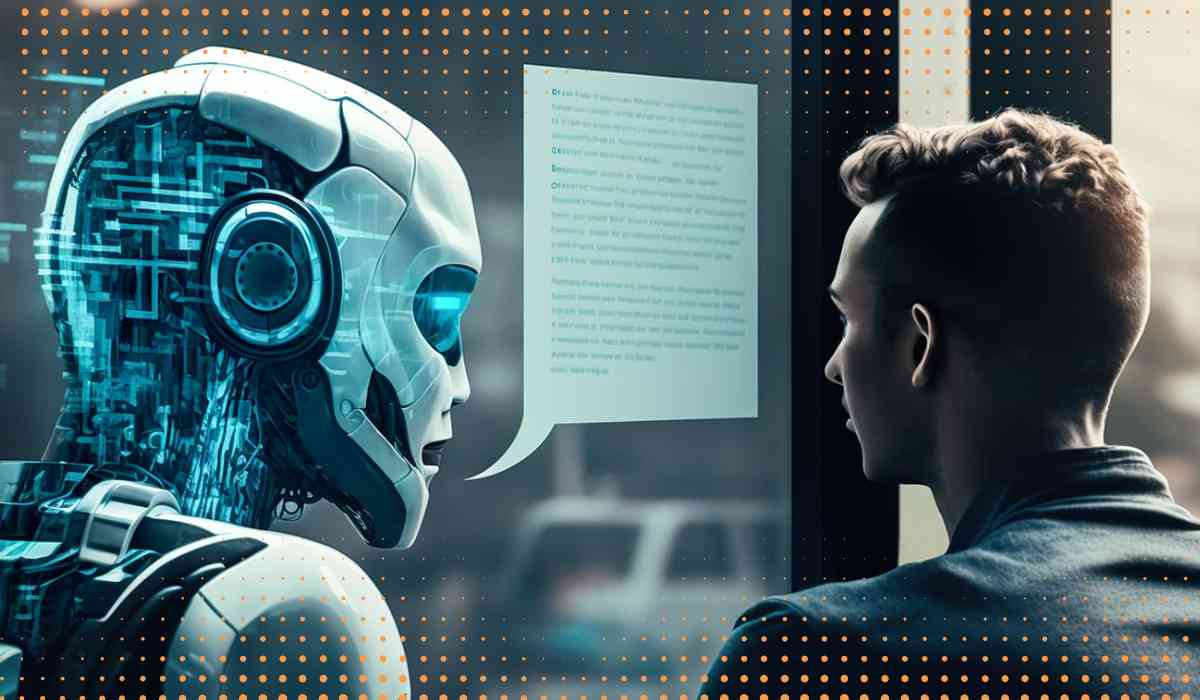AI has witnessed a revolutionary transformation of several generations that took a couple of decades to mature. Starting from simple rule-based systems up until the sophisticated models of today, deep learning models of AI have grown in capabilities, changing industries and, therefore, personal lives. Here are the various generations of AI and their peculiarities .
First Generation: Handmade AI Systems

The early stages of artificial intelligence (AI) revolved around handcrafted systems, often lacking the ability to learn on their own. These first-generation AI systems were built to solve specific problems by relying on expert knowledge rather than self-taught learning. Their capacity for abstraction was quite limited, making them useful for only particular types of tasks.
For example, these systems could assist a mail-order company in minimizing shipping costs by determining how to divide a large order into packages of varying sizes. Chess computers also belong to this generation, where the rules of chess were programmed into the system, enabling it to calculate the best moves independently. In 1997, IBM's "Deep Blue" marked a major milestone by defeating world chess champion Garry Kasparov, though it relied heavily on specialized hardware and massive computing power to achieve this victory.
Second Generation: Statistical Learning and Deep Learning

It took nearly two more decades for AI to conquer the game of Go, a complex Asian board game with far more possible positions than chess. In 2016, Google's "AlphaGo" defeated world champion Lee Sedol by using deep learning techniques, particularly deep neural networks. This success highlighted the capabilities of second-generation AI, often referred to as statistical learning.
Although the underlying technology had existed for decades, statistical and deep learning became more prominent around 2012. Modern AI applications, such as speech recognition systems, digital assistants like Siri and Alexa, and even machine translation tools, fall into this category. Additionally, AIs have surpassed humans in areas like lip-reading, where uncertainty in decision-making prevails. These systems excel at problems where there isn’t always a clear right or wrong answer, making statistical rules essential for guiding their decisions. However, concerns remain, as researchers have shown how neural networks can be misled by specifically generated patterns, such as recognizing a cheetah in an image that appears as mere noise to the human eye.
Third Generation: Explainability and Generative Models

AI research is now focusing on the third generation of artificial intelligence, where the goal is not only to produce accurate results but also to explain the reasoning behind them. This growing need for transparency seeks to make AI decisions understandable and accessible to humans.
While research into third-generation AI is still in its early stages, techniques such as generative models show great potential. Whether this generation will outperform its predecessors remains to be seen, but the future looks promising.
What's Next in the Future
- AI systems that can sense and respond to emotions, useful in mental health support services and customer service scenarios.
- Better intuitive AI assistants that can execute a wide range of functionalities with the minimum input from human beings.
- Ethical and philosophical concerns related to AI. Such as appropriate balance between automation and human employment and regulation and accountability.
AI has traveled out of simple rule-based systems into deep learning algorithms capable of incredible feats. It's getting closer by each generation to doing what people thought could only be done by other humans. The advancements of AI seem to be with no bounds in their potential applications, but the development also includes very serious ethical considerations and questions regarding the future relationship of humans and machines. More significantly, the next frontier of Intelligence-the term includes Artificial General Intelligence-will redefine our notion of artificial intelligence, turning this into an incredibly powerful tool that can really make society change in even deeper, more profound ways.
With inputs from agencies
Image Source: Multiple agencies
© Copyright 2024. All Rights Reserved Powered by Vygr Media.





















